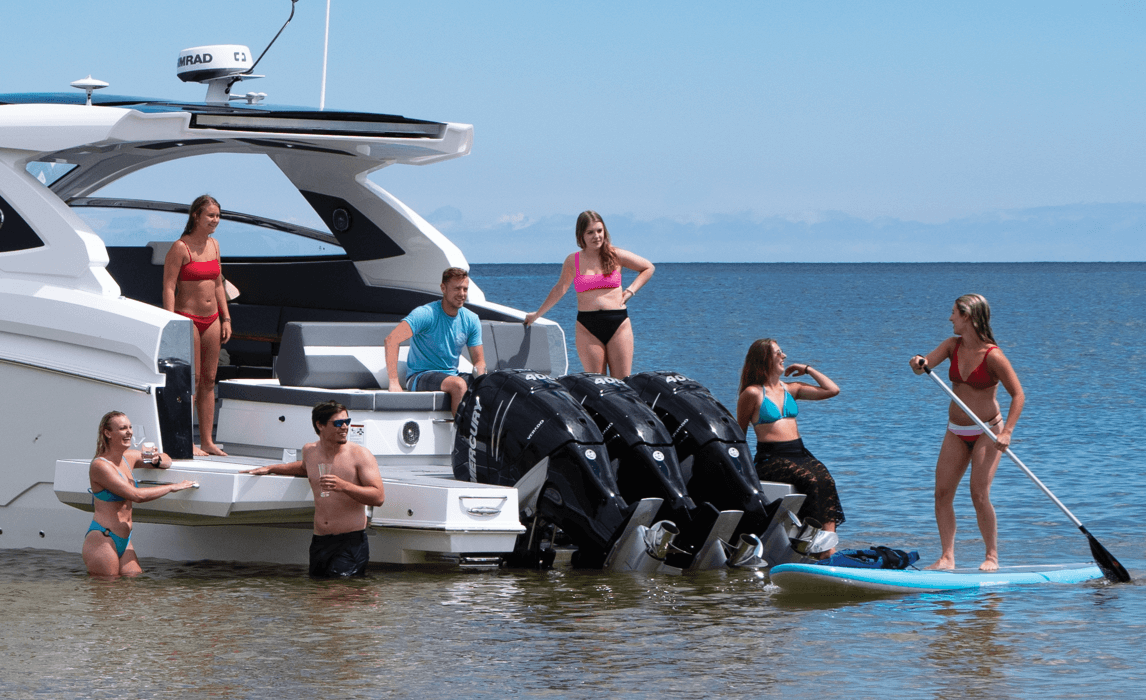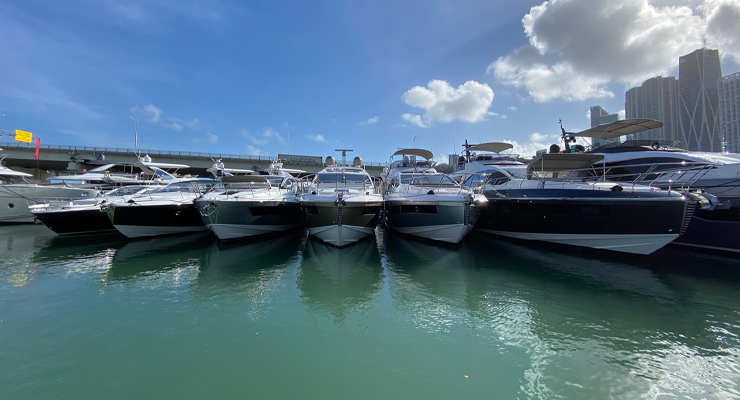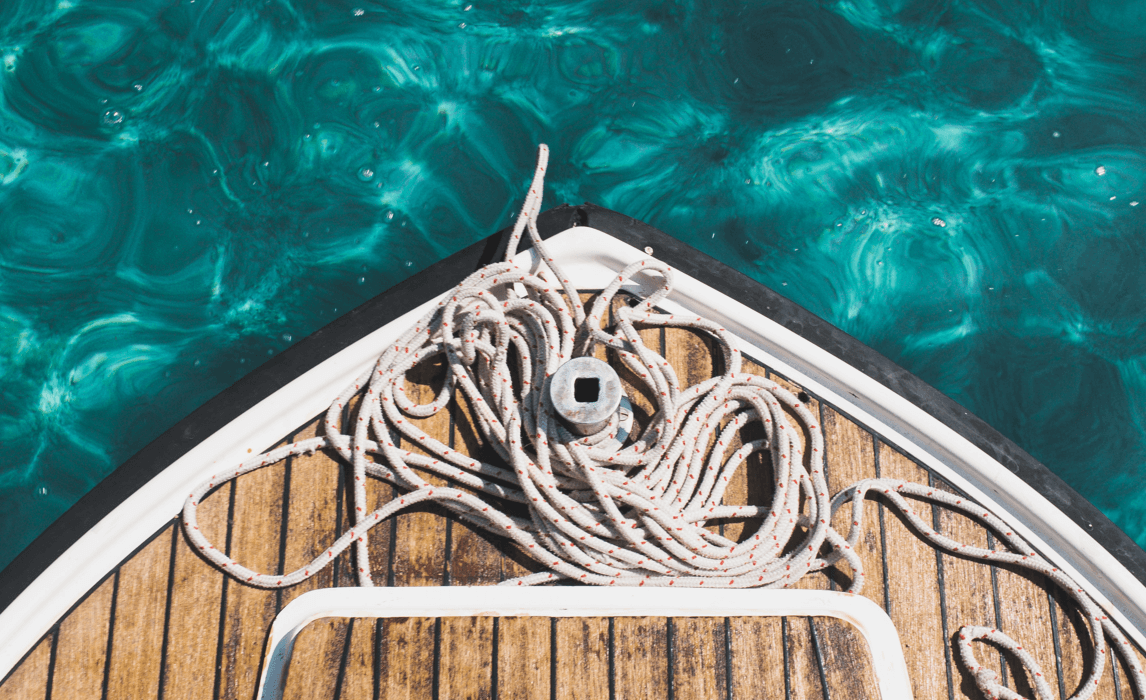NEWCOAST EXPERTISE
Important Boating Safety Tips and Guidelines
A day on the boat should be enjoyable, fun, and relaxing. However, like any other activity, safety should be your top priority while out on the water, no matter what your boating plans include. To ensure your adventures go smoothly, we’ve compiled key boating safety tips and resources below:
Be a Safe and Sober Captain
Did you know that alcohol is one of the leading causes of boating accidents due to impaired judgment and reaction time? While we always encourage fun boating, we also stress the importance of having a sober skipper. To stay alert and attentive when operating a vessel, the skipper should avoid alcohol intake while driving the boat to ensure everyone gets back to the dock safely. Plus, there’s always time for a beverage once you’re safely on dry land!;Preparing with Proper Boating Resources
For avid boaters, brushing up on necessary boating safety skills is always a good thing to do before the boating season begins. And, just like a new driver on the road, those new to the boating world should practice, practice, practice heading off on their own. One of the best ways to navigate the sea safely is to get educated about your boat, the waterways you plan to visit, and current boating safety regulations.For boating safety courses and resources, check out some of these sites below:
Maintain a Safe Speed
The captain is responsible for being aware of navigation rules, or “rules of the road,” while cruising the waterway. Just like in a car, there are limits and restrictions to boating speeds in certain areas, and if no restrictions are posted, the captain must use their best judgment. Some rules include slower speed limits and “No Wake Zones;" however, no matter what the restriction says, you must always account for your vessel’s size and maneuverability, visibility on the water, boating traffic, and weather conditions. Keeping a safe speed on the water can prevent accidents while ensuring you and your crew have a great day soaking up the sun!Buckle Up Your Lifejacket Onboard
The best lifejacket to have onboard is one that you will wear and fits properly. Even though lifejacket wear regulations can vary from state to state, approved U.S. Coast Guard lifejackets must be available for every passenger onboard—no matter what age. When packing for a day out on the water, remember to store lifejackets in a readily accessible area where they are quickly retrievable.Wear Your Lifejacket at Work Day is Friday, May 19, 2023. No matter where your work or what you do, this movement aids to remind boaters of lifejacket and boating safety. Join in on the fun and post a photo to social media using the hashtag #WearYourLifeJacketAtWork Day.
Additional Safety Tips:
A day on the water can lead to terrific memories, whether the trip includes fishing, wakeboarding, or slowly cruising the coast while watching a beautiful sunset. Safety on the water is everyone’s responsibility, but as the vessel’s owner or captain, it should be your primary focus to ensure your passengers and crew understand how to play it safely.
https://www.uscgboating.org/
https://www.nsc.org/community-safety/safety-topics/seasonal-safety/summer-safety/boating
https://www.boat-ed.com/
https://www.boatus.org/
https://www.soundingsonline.com/news/12-boating-safety-tips-for-the-holiday-weekend-and-beyond

insights
Finding the Right Boat or YachtNEWCOAST EXPERTISE Finding the Right Boat or Yacht for You? With Newcoast by your side, findi...
Learn More
expertise
How to get the best interest rateNEWCOAST ADVANTAGE How to Get the Best Interest Rate If you're looking for the best rates an...
Learn More
insights
Boat Show TipsNEWCOAST DIFFERENCE Headed to a Boat Show? So many boats and yachts all in one place! Shoppi...
Learn More
expertise
Understanding Your Credit ScoreNEWCOAST EXPERTISE Understanding Your Credit Score Have you been considering a loan to purchas...
Learn More